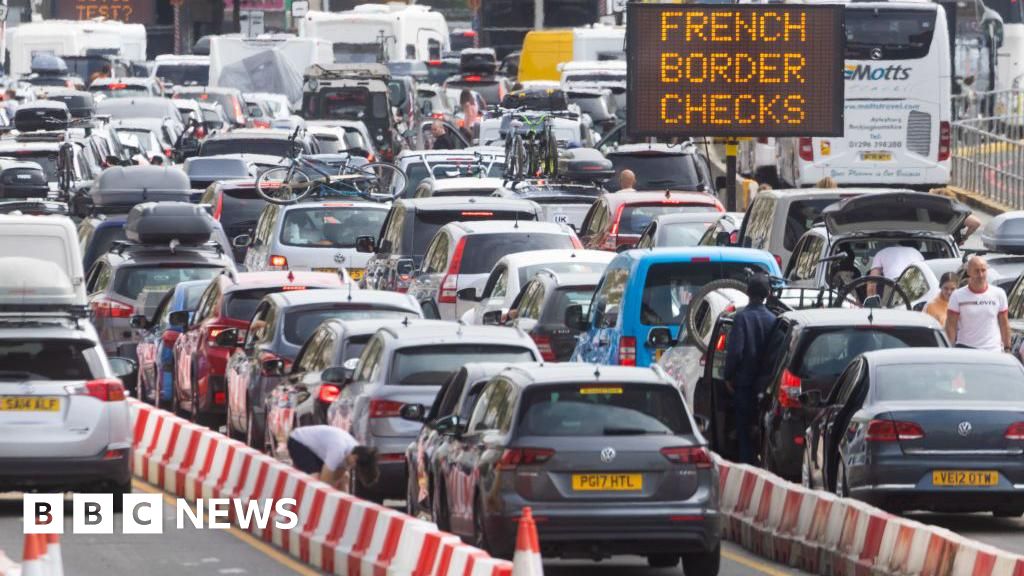“It’s clear that we’re not going to be ready for the 10 November,” said Ms Johansson, adding: “We will be going for a phased approach, step by step.”
This delay is the latest in a long line of setbacks for the system, which was originally meant to be introduced in 2022.
The Entry Exit System (EES) will mean non-EU citizens, including people from the UK, need to register biometric data at any EU border to get in rather than stamping passports.
The idea is to make a digital record linking passports to biometric data. Passengers will be given hand held devices, so they can register their details in their cars.
The EES will apply to road borders, airports, ports, train stations – including Eurostar services – and at all other external EU borders.
The EU Justice and Home Affairs Council will meet next week to discuss the rollout of the EES.
A spokesperson for the German interior ministry told the Reuters news agency the three countries were not ready to bring in the system because the EU agency in charge of it, EU-Lisa, had not yet made it stable enough.
The French interior ministry told Reuters EES must be prepared properly.
Credit: Source link











